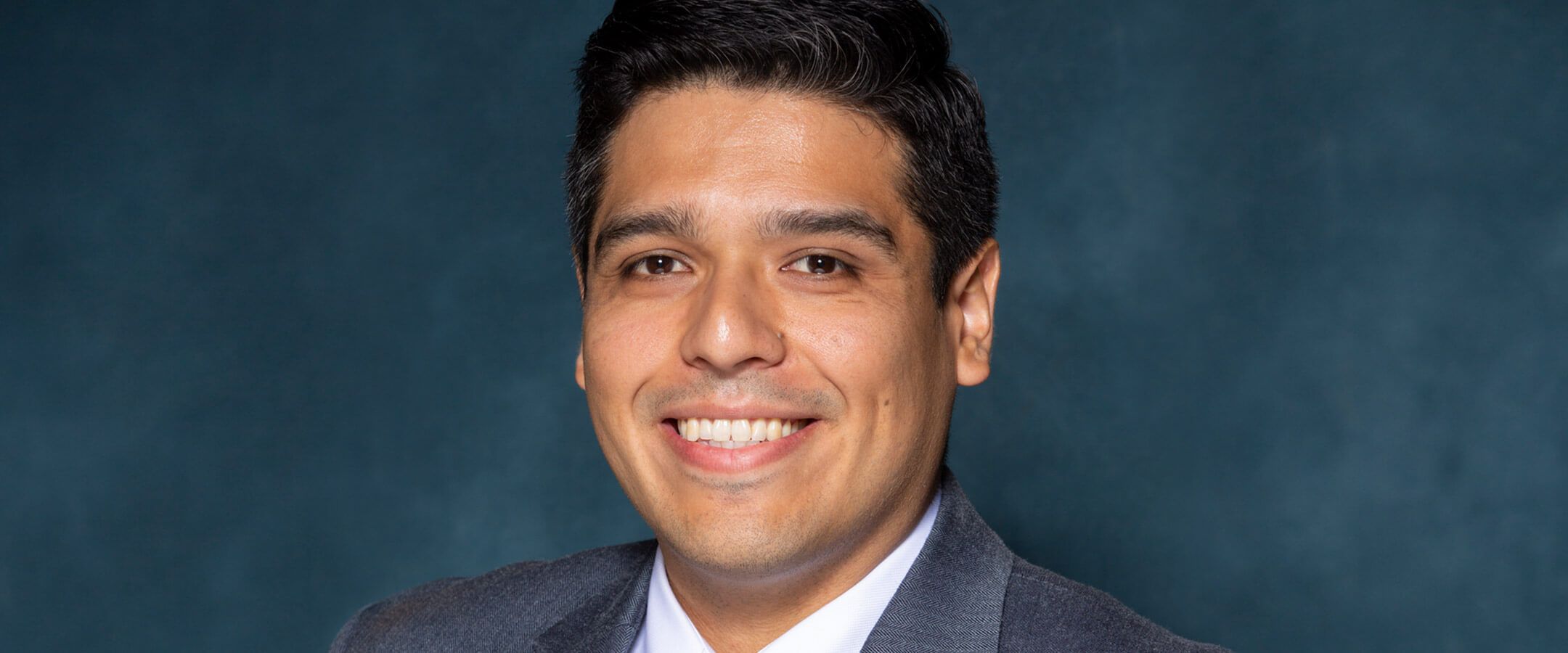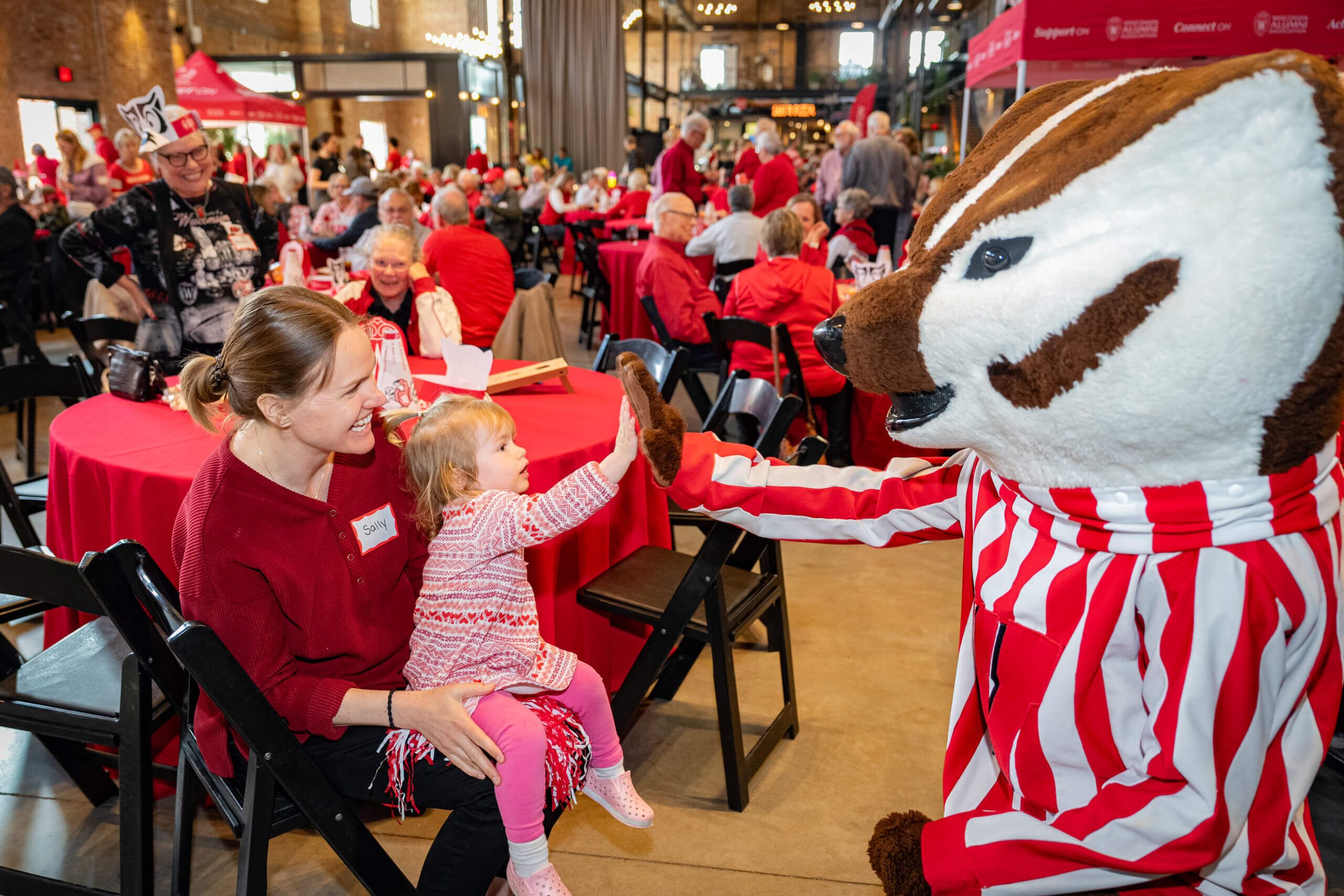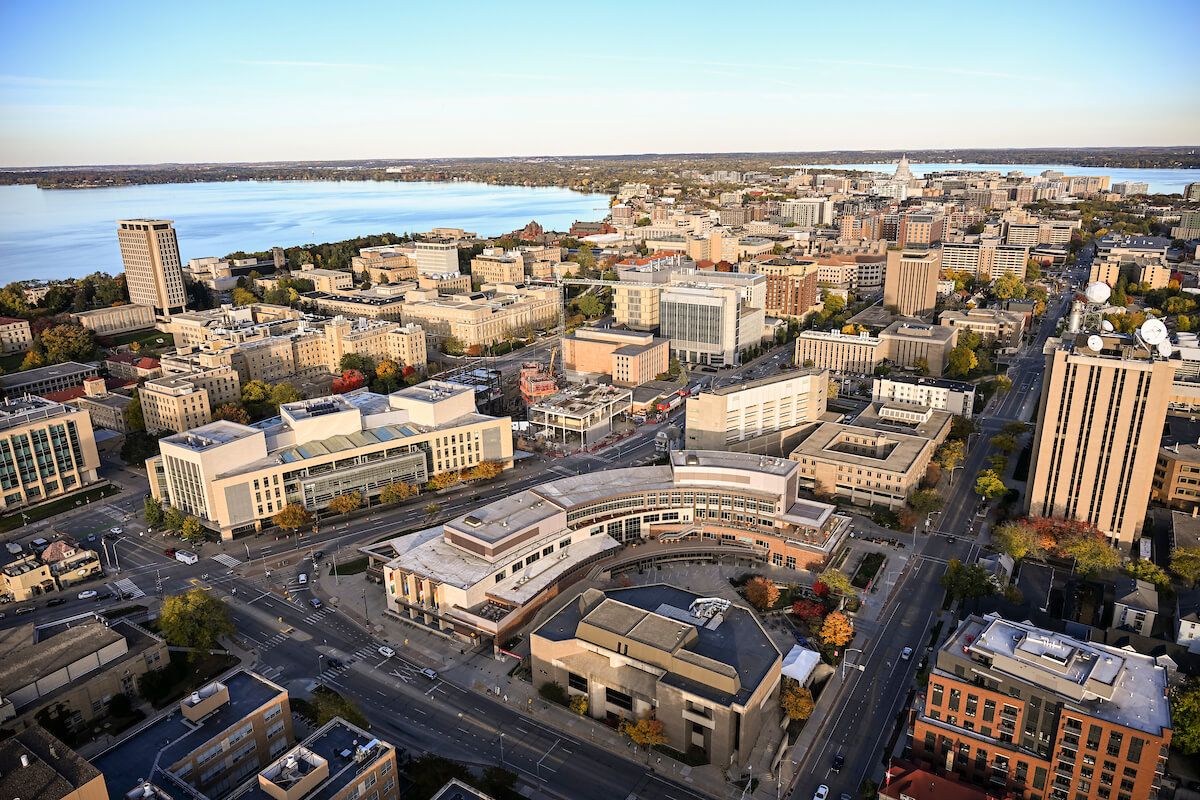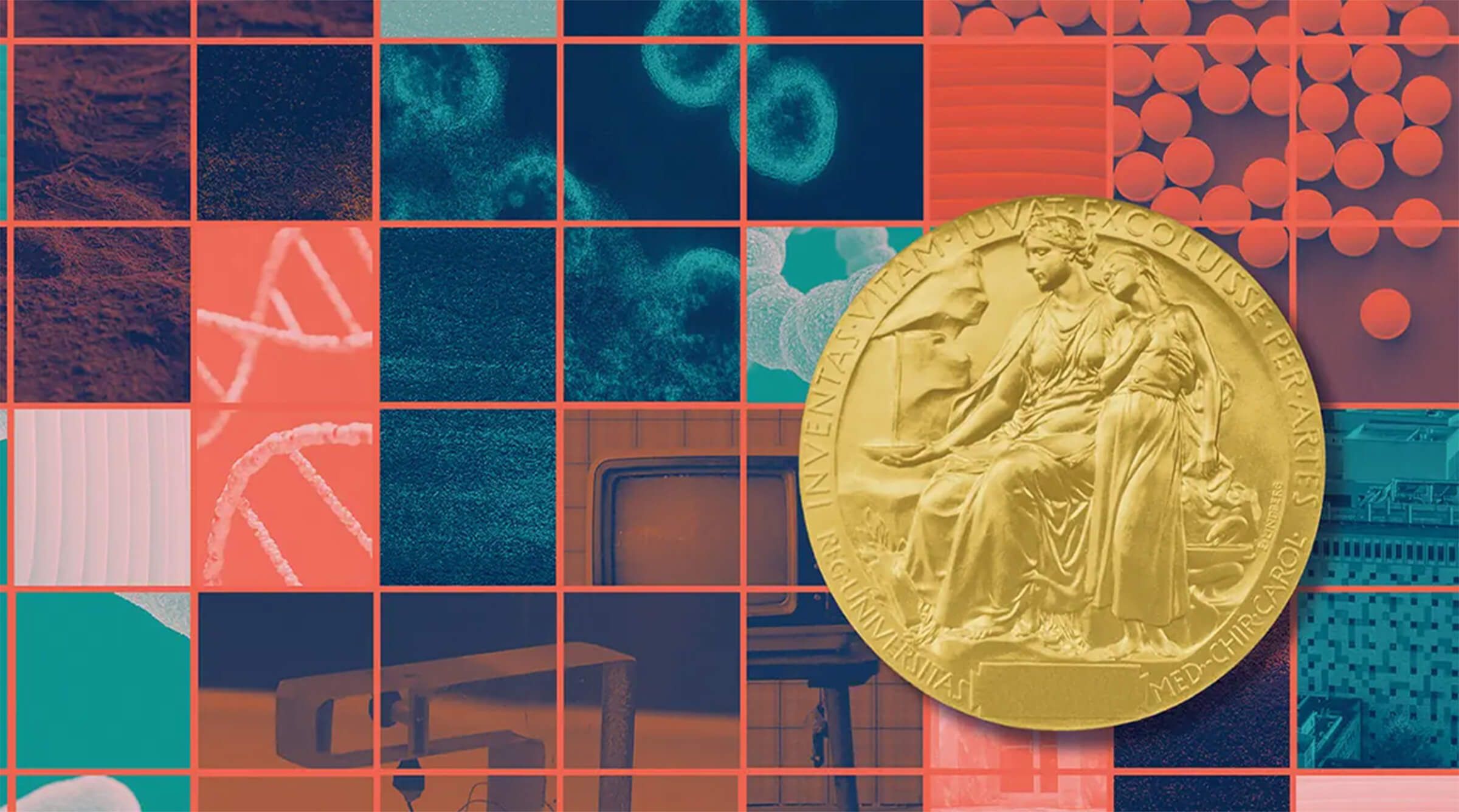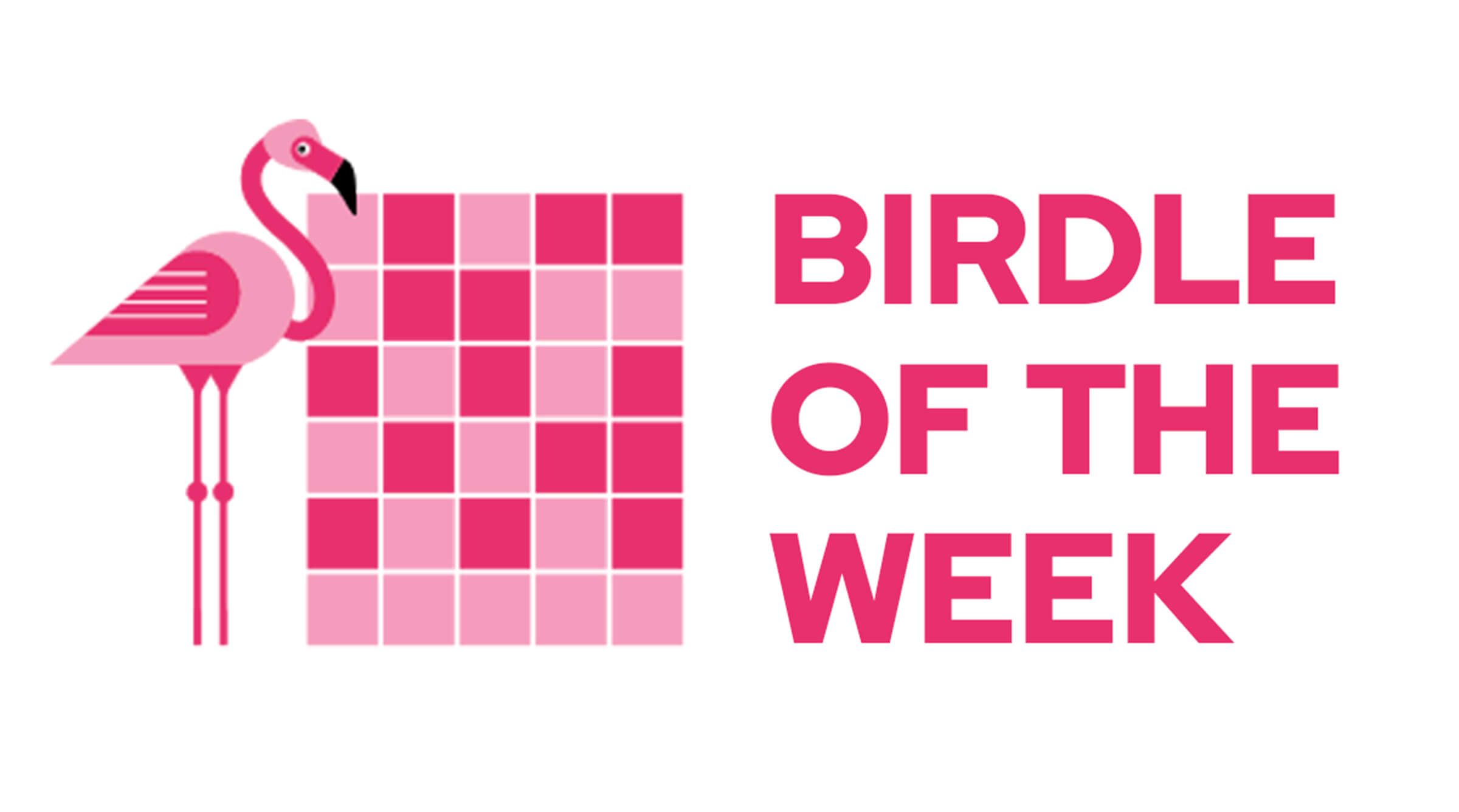Victor Gonzalez MD’15 would just like to say thank you — to the educators who believed in and encouraged him throughout his academic career; to the UW mentors who hosted him at a summer program as a curious high schooler and who welcomed him back years later as a medical student; to his partner who makes having both a robust career and a rich family life possible; and to the profession that fulfills both his intellectual curiosity and interpersonal nature by allowing him to help people achieve a better version of themselves.
“To get to where I am, I definitely couldn’t have done it alone,” Gonzalez says. “I’m part of this collective group that is behind me. Without them, I wouldn’t be here.”
As a psychiatrist in San Antonio, Texas, Gonzalez is met every day with new opportunities to honor his forebearers by using his skills to make life more livable for those struggling with their mental, emotional, and behavioral health. But his giving back takes many forms beyond the walls of his private practice. He’s an associate program director for the psychiatry residency program at the University of the Incarnate Word School of Osteopathic Medicine, where he’s helping to train the next generation of clinicians in community-centered care and treating underserved populations. He’s also a provider with Televero Health, a telepsych company striving to increase access to mental health care through which Gonzalez serves patients as far south as his hometown of Laredo, Texas, on the Mexican border.
“What drives me is [knowing] that I can help others, I can connect with others, I can teach others, and [I can give] of myself in ways to make this place better,” Gonzalez says.
Here, he shares the parts of his profession that keep him coming back to work every day, how he takes care of his own mental health, and the way he’s honoring a UW mentor that helped make his career, and so many others’, possible.
It took years of educational exploration and a complete career switch before you settled on medical school. What were you doing in that time?
I was in a magnet school in high school for health and science, so it was something that I thought I was going to do. I went to college at Duke where I continued to enjoy my pre-med classes, but I really fell in love with chemistry, and I guess I got cold feet. I was two weeks away from taking the MCAT and I was like, “Is this really what I want to do? I haven’t explored anything else.” I decided to put a pause on it and explore chemistry.
I ended up at the University of Illinois, where I realized I really liked chemistry, but I wasn’t sure if I loved it enough to be doing it for the rest of my life in that setting … [so] I got into business consulting. I really enjoyed using those critical thinking skills [from my lab work] but saw that in business consulting, maybe I could use some of my soft skills, my interpersonal skills.
I learned a lot about industrial and organizational psychology … but at the end of the day, it led me to realize that I still wanted to be involved in a field where I could use my knowledge of science and those analytical skills and also find a career that was more fulfilling. That’s where medicine came back into the picture.
I figured I could combine my love for science and yet also integrate these other soft skills and interpersonal skills that I was able to develop on the business side of things, and I ended up going back to medical school. It’s a decision that I would definitely [make] again. I loved exploring these other fields and being so settled with knowing that this was the right path for me.
I had no idea I was going to become a psychiatrist when I started medical school; [I was] thinking I was going to go into family medicine or internal medicine. But after my psychiatry rotation, I had that “aha” moment where I was like, “Oh, this is a field where I could really use all my skill sets.”
I tell others I don’t know what I’m going to be doing in five years, and that’s a good thing. Right now, this is what I love. But as the trajectory of my career has shown, [it’s about] being curious and not being afraid of failure, not letting fear drive you and keep you from doing these things. The less fear I’ve had, the more I’ve been able to do.
I would hope to instill that in others — in my patients and the residents — [so we’re] able to move forward boldly so that we can make this a better place.
Was it always your goal to open a private practice?
Nope. Like a lot of things in my life, I had no idea what it would lead to.
It’s never been my only job, but it’s allowed me to approach mental health in a way that focuses on the patient — that focuses on getting their needs met and meeting them where they are. I don’t have the restrictions of seeing [a certain number] of patients in a certain amount of time. I have more flexibility, and the patients seem to enjoy that, too. There’s a little bit more of that patient-centered care.
That has also allowed me to do things like more therapy. I know that it’s easy to get into this [mind-set] of, “As a psychiatrist, we just prescribe meds.” But we do so much more than that, and it’s allowed me to utilize all of my skill sets with my patients and provide a more robust and more wraparound care for them.
Being in my own private practice, I am fulfilled by the fact that I can be that multidimensional psychiatrist that can help my patients in more ways than one. I really pride myself in that. I pride myself in not just prescribing medications but being able to do psychotherapy [and] helping [patients] understand themselves. That’s a journey that I am just fortunate to be part of.
You specialize in adult and geriatric psychiatry. What led you to focus on this patient demographic?
I was intrigued by the fact that working with older adults allowed me to not just work with them but [also] with families. I really enjoyed that dynamic of not just being able to help geriatric patients but also, to a certain degree, help support the family members because they were also prone to caregiver burden and caregiver burnout.
It was also the fact that I didn’t want to lose some of my medical skills. One of the fears initially when I went into psychiatry was, “Am I going to use my medical knowledge?” Well, I’ve used my medical knowledge every day, and especially as a geriatric psychiatrist where you’re working with older adults who have more medical complexities. You have to be aware of those and how they can influence mental health and how your medicines can also influence both physical and mental health.
Are there diagnoses or personal struggles that are common among your patient demographic?
I think depression and anxiety tend to be common in that population but also cognitive disorders, [like] dementia. We also have older adults who maybe, throughout their life, have not sought help in the past. Perhaps the stigmas of mental health that have preceded us were the barriers to keep them from seeing a psychiatrist, but I think that’s where we can facilitate those conversations and normalize their experiences.
On the cognitive disorder side, that, I feel, is where there’s a lot of need for education to help people understand how these disorders come about, to set expectations for them as far as what the course of illness is like, and to help the caregivers prepare for what’s to come. The goal there [is] improving [the patient’s] quality of life and making sure that the caregivers are also taken care of or supported so that they can offer the best care to their loved ones.
As a mental health professional, how do you take care of your own mental health?
It’s about always maintaining a running list of what my priorities and values are. High up there, we’ve got family and profession. My profession would definitely be in my top two. And so long as I can fulfill my roles in both of those in a very satisfactory way, that’s what keeps me going. I do make sure to spend time with my family, and that comes in many different ways, like traveling and taking time and having family dinners and activities together.
With work, it’s all about enjoying every day and expressing gratitude and saying, “I am living this dream of helping others and being able to be in this profession that I absolutely love.” Even though it comes with its challenges, I have to remind myself that I am doing what I love. I’ve been in places previously, in the lab or as a business consultant, when what I was doing was fine, but it wasn’t fulfilling. Being able to reflect on those days makes even the hardest days so worthwhile; it’s what keeps me going. Every day, you have the opportunity to have an impact on people’s lives. It’s just very fulfilling.
You recently established the Dr. Gloria V. Hawkins Medical Student Scholarship Fund. What inspired you to honor your former mentor in this way, and what impact do you hope it has on campus?
It’s been people like Dr. Hawkins who have always been there for me. I met her in high school [when] I did a summer program at the University of Wisconsin–Madison. … To look back and say, “Yeah, this kid from South Texas is going to go to the UW to do research.” ... It left a big mark in me as far as what I was capable of doing and what could be done if [more people] were given those opportunities.
I am one of many, many students and individuals that Dr. Hawkins has helped throughout her life. She was the director of the summer program that got me to the UW, and she has led so many other similar programs that have helped underrepresented minorities [and] students of color and has led so many initiatives to open up doors for people like myself. Now that I am at a point where I can give back, it was just a no-brainer for me to honor a great mentor and such an instrumental figure in my life.
I hope this creates this opportunity to honor her, not just for what she’s done but in years to come. My hope is that we keep remembering her and people like her who help others. If we all did the same, we could make this place so much better.
